Blog
Hosting Options for Project Management Software: Weighing the Pros and Cons

Whether you are a small business or a large enterprise, selecting the right hosting option for your project management software is an important decision. With the different options available today such as SaaS (or cloud), private cloud and on-premise software, it can be difficult to decide which one will best suit your organization’s needs. This article will discuss the various types of hosting options available for project management software and weigh their pros and cons to help readers make an informed decision when choosing a suitable platform for their specific project.
The different types of hosting options for project management software
On-premise is the traditional type of hosting where organizations purchase the software and own it locally in their own environment. With this option, organizations are responsible for maintaining the system, installing updates, and making any fixes needed.
SaaS (Software-as-a-Service), or Cloud hosting, is an increasingly popular option for project management software. It involves purchasing the software on a subscription basis with the provider hosting it on their cloud server.
Private cloud hosting is another hosting option available for project management software which provides organizations with more control than SaaS but less than on-premise software. In this scenario, organizations will rent space from a cloud provider who will manage the infrastructure and provide maintenance services such as firmware updates, security patching etc.
The pros and cons of each type of hosting option
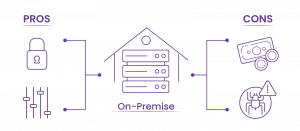
On-premise software
On-premise software is often seen as the most secure hosting option for project management software because organizations are responsible for its maintenance and security measures. This option also offers organizations the most customization options when it comes to their projects, as well as providing them with complete control over their sensitive data. However, this option requires a significant financial investment upfront and is highly reliant on local infrastructure which may be more prone to potential outages or cyber-attacks.
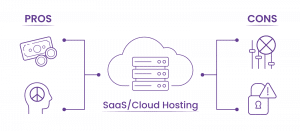
SaaS software
SaaS can provide organizations with an economical and efficient method of managing their projects as they do not need to invest in expensive hardware or IT personnel. With this option, all updates are installed remotely by the provider, meaning users always have access to the latest version of the software. Furthermore, SaaS provides organizations with peace of mind as it is hosted on cloud servers managed by experienced professionals who will ensure that data always remains secure. However, there are some drawbacks associated with this type of hosting including less flexibility when it comes to customizing projects and no ownership of sensitive data which could lead to potential privacy concerns.
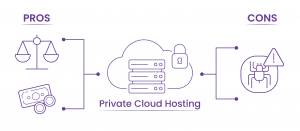
Private cloud software
Private cloud hosting is a good compromise between on-premise and SaaS software, allowing organizations more control over their projects than SaaS while being easier to manage than an on-premise solution. Private cloud hosting provides organizations with managed services such as regular security patches and firmware updates, so they don’t have to worry about maintaining these themselves. Furthermore, private clouds are usually more cost-effective compared to other solutions due to the economies of scale involved in shared resources such as storage space and computing power. While private clouds offer many advantages when it comes to project management software, they could still potentially be vulnerable to cyber-attacks if proper security measures are not put in place or monitored regularly.

Determining the ideal hosting type for specific projects or organizations
Choosing the right hosting type for a project or organization can make all the difference. And selecting the appropriate type of hosting is dependent on the individual needs of a particular project or organization.
On-premise. For organizations that prioritize data control and security, on-premise software might be the optimal choice. These organizations are usually larger, with enough resources to handle the associated costs of hardware and IT personnel as well as potentially dealing with sensitive data that needs strict control.
Manufacturing projects and financial services, for example, deal with large volumes of sensitive data that require secure storage. With on-premise hosting, organizations can maintain complete control over their data and reduce the risk of data breaches. Additionally, these industries often require high levels of customization and control over their technology, which on-premise hosting can provide.
SaaS. If cost-effectiveness, scalability, and ease of use are of primary importance, particularly for small or medium-sized organizations, SaaS might be the most suitable option. This solution is also favorable for projects that require quick deployment or frequent updates.
It’s no secret that cloud hosting has revolutionized the tech industry, providing unparalleled flexibility and scalability for projects of all shapes and sizes. However, not all organizations or projects are ideally suited for cloud-based hosting. For projects that require high flexibility, scalability, and accessibility, cloud hosting is the best option. This is especially true for startups and smaller organizations that need to quickly adapt to changing market trends without having to worry about costly infrastructure upgrades. Additionally, industries such as e-commerce, gaming, and healthcare that require high availability and rapid scaling can significantly benefit from cloud hosting.
Private Cloud hosting. On the other hand, private cloud hosting strikes a balance between on-premise and cloud hosting. This is ideal for organizations that prefer greater control and customization capabilities than SaaS but require more manageability than on-premise solutions. It is also favored for its scalability, making it suitable for organizations with fluctuating project demands.
Private cloud hosting has emerged as an optimal choice for specific projects and industries. One of the main advantages of private cloud is it offers a high level of security and privacy, making it suitable for industries that deal with sensitive information, such as healthcare and finance. Additionally, the private cloud provides greater control over resources, making it ideal for organizations that require customized solutions. The private cloud is also scalable, ensuring that businesses can easily adjust resources to meet their needs.
Summary: choosing the optimal hosting solution for your project management software
Selecting the ideal hosting solution for project management software is a challenging task that demands a comprehensive understanding of the advantages and drawbacks of each option. On-premise software, while providing a high degree of control, could incur significant costs in terms of hardware and maintenance. Software as a Service (SaaS) alleviates these concerns with its instant accessibility and automatic updates, but it trades off customization flexibility and data ownership. Private cloud solutions bridge this gap, offering a blend of control and ease of management, with cost-effectiveness due to shared resources. Understanding these key points is crucial to making an informed choice for your organization’s project management needs.
We strongly encourage you to take the time to carefully evaluate your options before deciding regarding the choice of a host for your project management software. Each solution – on-premise, SaaS, or private cloud – has its advantages and disadvantages and is suited for different circumstances. Consider the specific needs of your organization, your resources, and your long-term goals. Never forget that choosing an optimal solution can make all the difference in the successful completion of your projects.






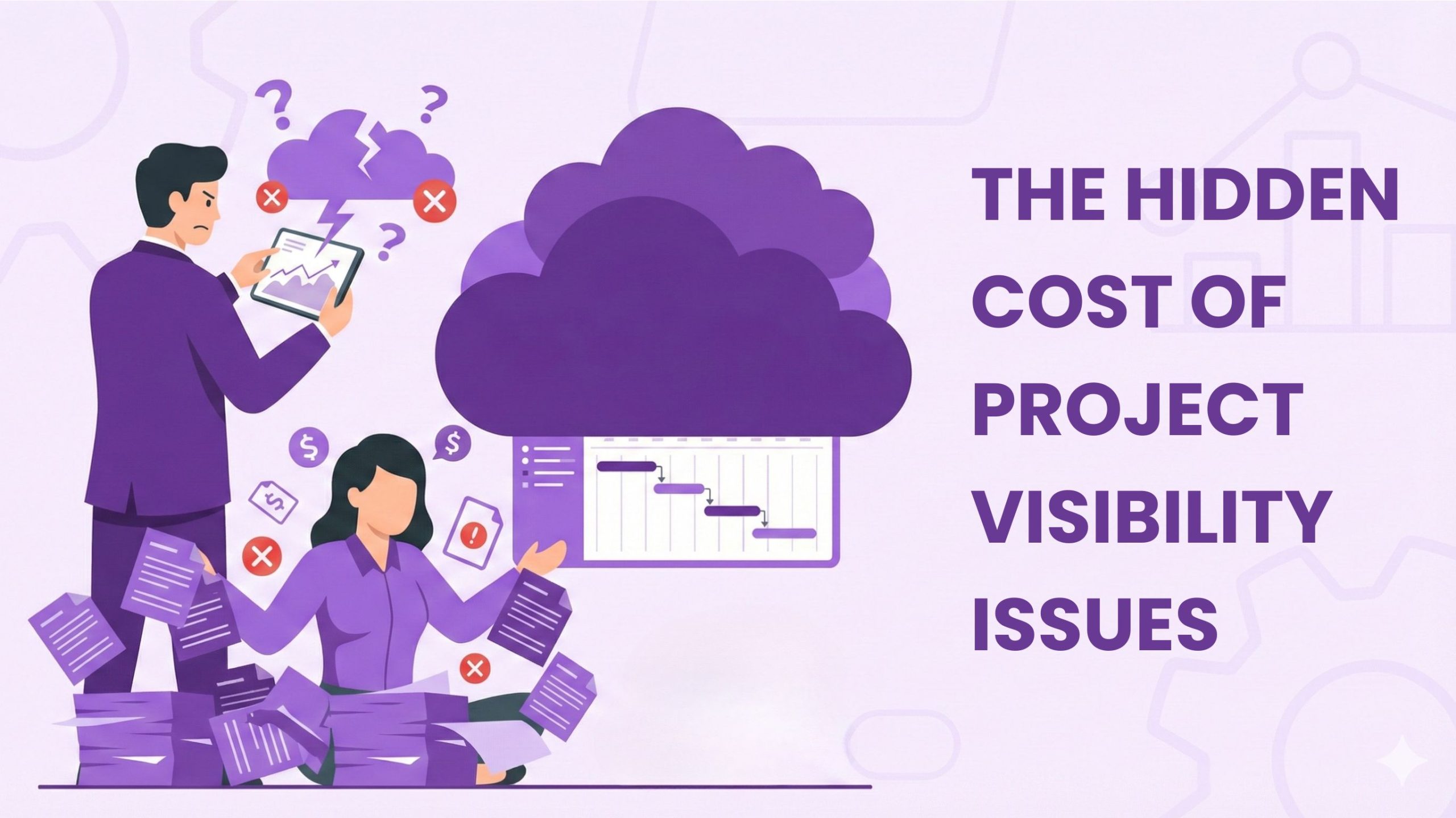

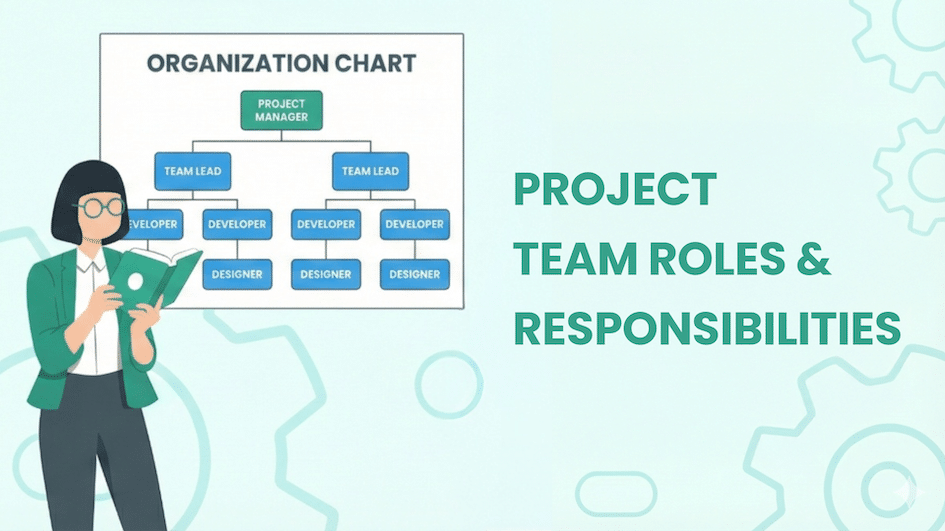







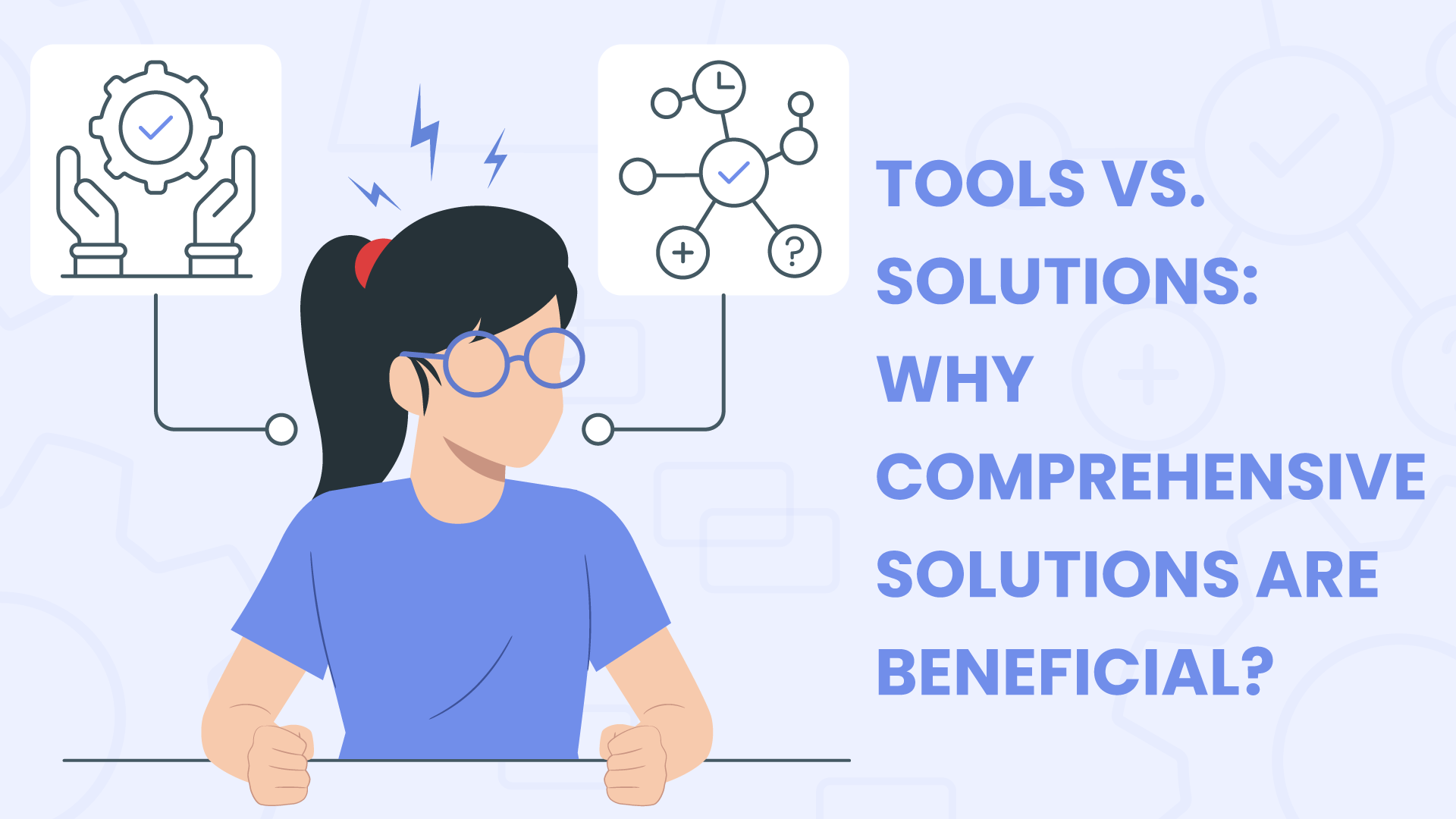




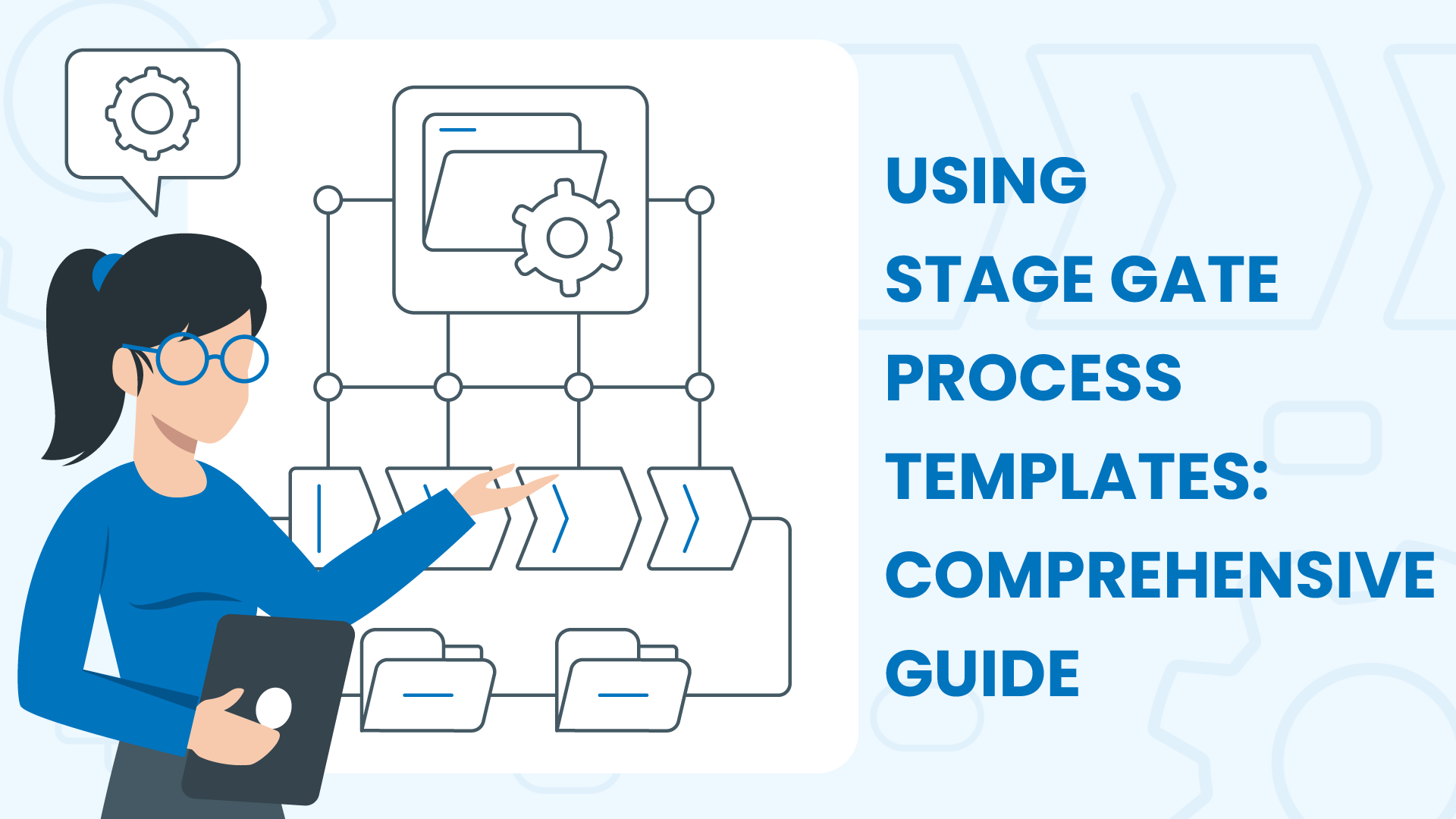




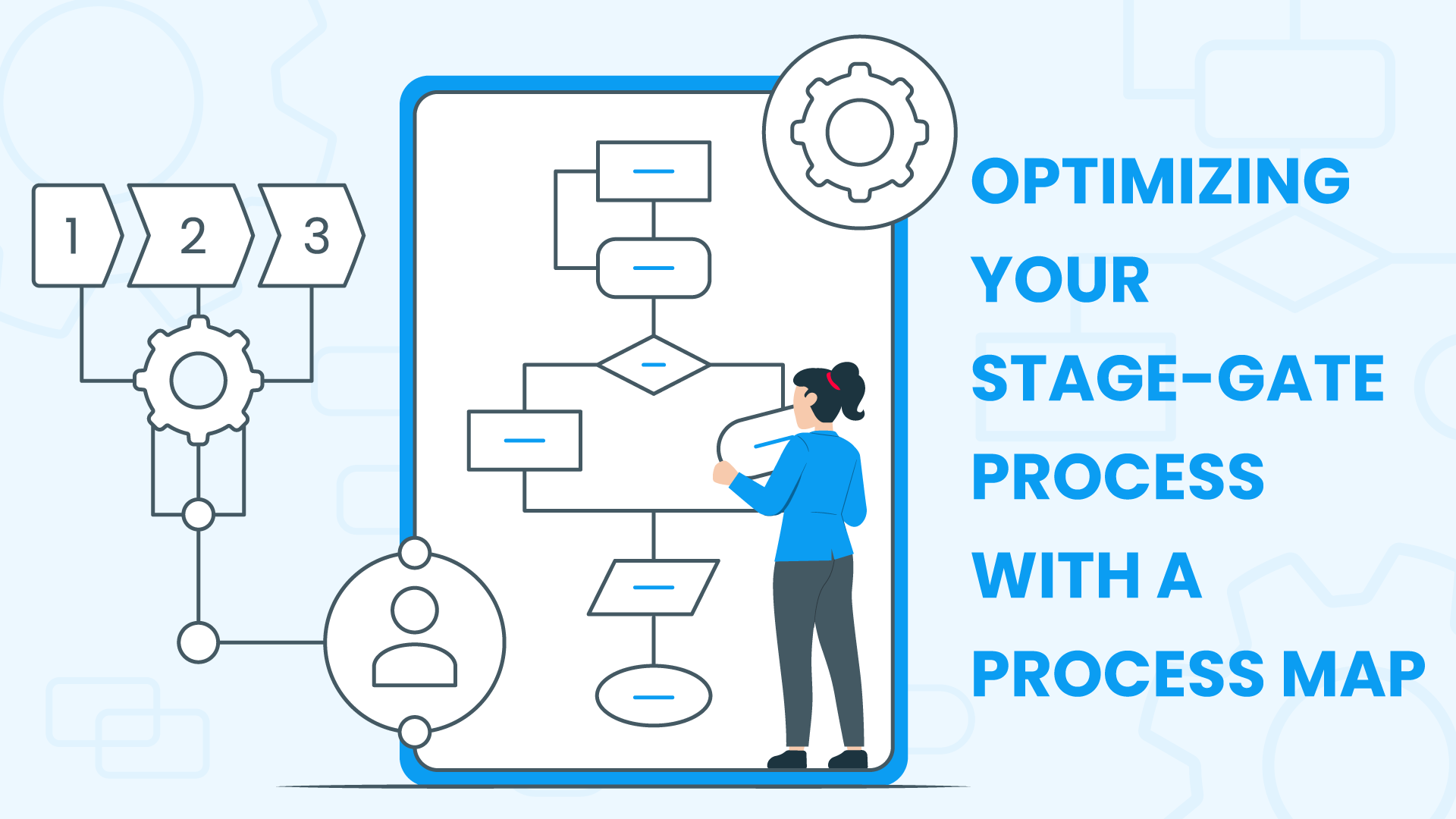





































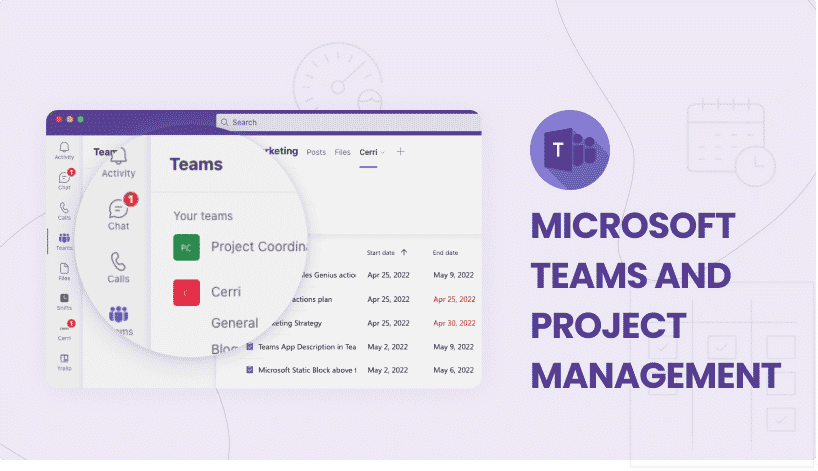



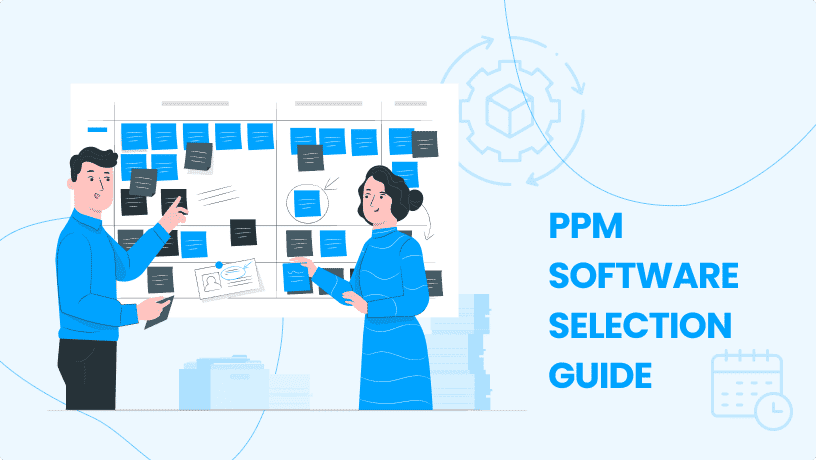









 Task Management
Task Management 




















 Customization
Customization
